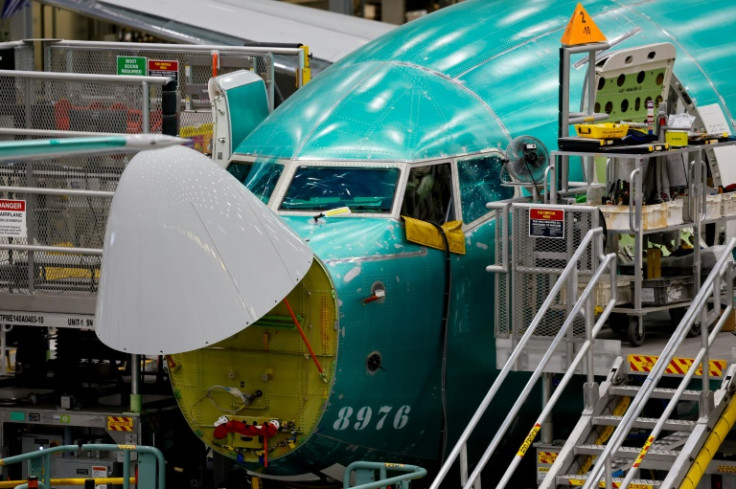Boeing's Search For New CEO Draws Eyes Toward Spirit Aero's Current Chief

Boeing has announced that it will be buying back Spirit AeroSystems, one of the company's struggling suppliers. This move has led investors to speculate on who will be the next CEO of the planemaker.
The company's CEO, Dave Calhoun, announced his resignation in March, stating that he would remain in his position only until the end of the year. This announcement came during a management shakeup following a mid-air panel blowout on a 737 MAX plane in January. This incident initiated a search for the next chief, with the company considering several potential candidates.
One person under consideration is Patrick Shanahan. For the past nine months, he has been leading Spirit AeroSystems. Another potential candidate is Stephanie Pope, Boeing's chief operating officer. The third candidate is Steve Mollenkopf, the company's current board chair.
Shanahan seems to have strong support from the business community. According to Reuters, regardless of who is chosen as the new CEO of Boeing, the 62-year-old Shanahan has significant experience and tenure. He was previously with Boeing, and his current role at Spirit gives him an advantage. He was known as "Mr. Fix-It" during his 31 years with Boeing for his ability to turn around poorly performing programs.
"It's very significant having Shanahan back at Boeing as an executive," said Bill George, a former Medtronic CEO and fellow at Harvard Business School. He also added that the company would need someone who understands technology or aerospace technology.
Shanahan took over Spirit last October after his predecessor stepped down due to some incidents at the supplier, which manufactures fuselages and other components for Boeing's 737.
After taking over, Shanahan promised to improve cash flow and stabilize operations at Spirit. However, his efforts faced a challenge on January 5th due to the mid-air panel blowout. AP reported that this incident raised safety concerns.
It was later discovered that the plane delivered by Spirit had existing rivet damage that workers had failed to repair. In response, Spirit announced that it would invest in autonomous technology and take steps to make the production of the 737 MAX "mistake-proof."
© Copyright IBTimes 2024. All rights reserved.





















